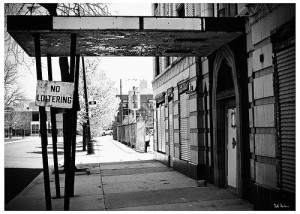At the Supreme Court’s “long conference,” where it decides which petitions—that have been piling up all summer—to accept, the Court agreed to hear two unrelated cases involving car searches.
Per the Fourth Amendment police officers generally need a warrant to search a car. However, the automobile exception allows officers to search a car that is “readily mobile” without a warrant if officers have probable cause to believe they will find contraband or a crime has been committed.
Collins v. Virginia raises the question of whether the automobile exception applies to a car that is parked on private property. Continue reading









